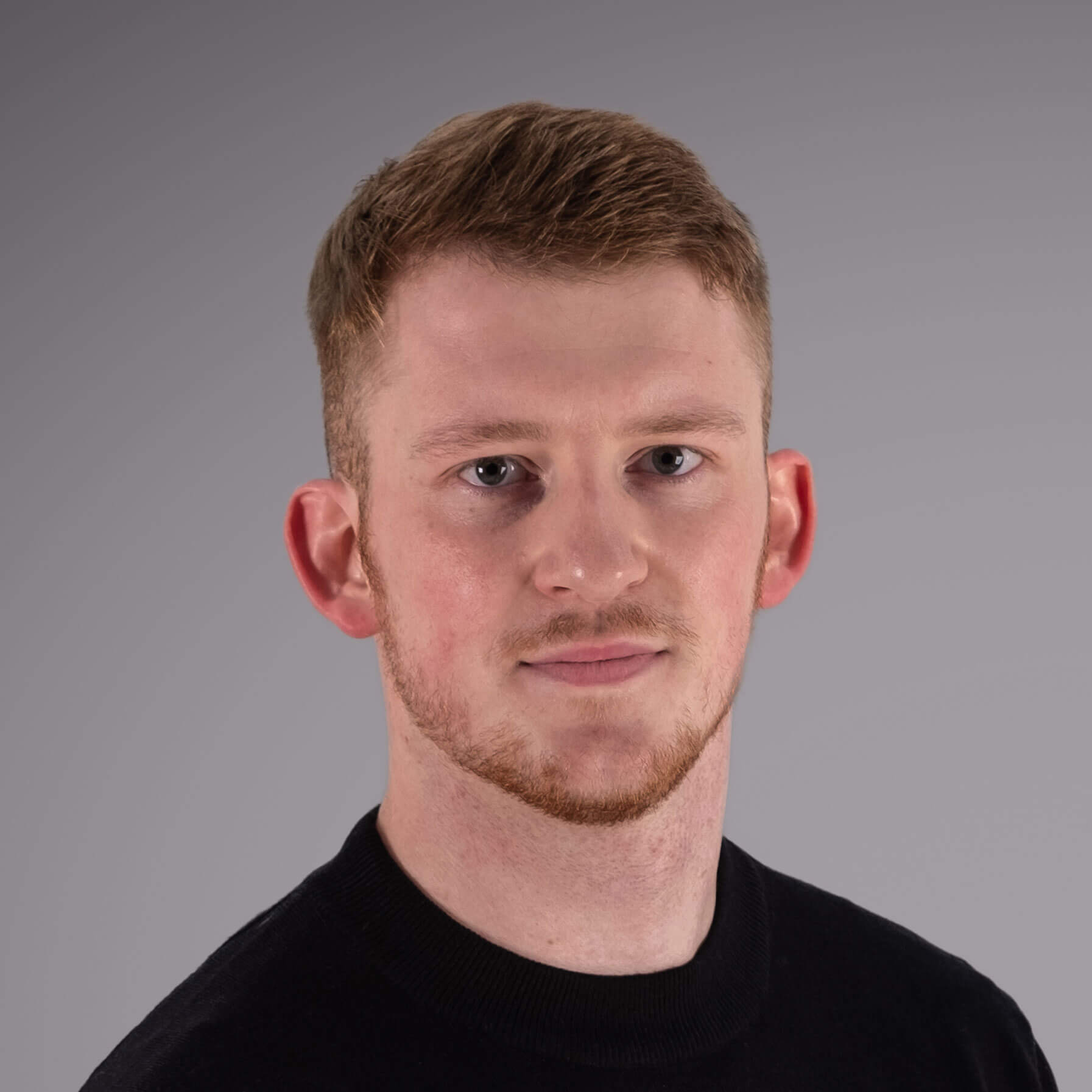After finishing my undergraduate degree in Banking, Finance and Management at Loughborough, I recognised that most new business models, particularly in the finance sector, are based around technology, so decided to do an MSc in Information Management and Business Technology. During my first degree I became really interested in the ‘Solow Paradox’, a theory which questions whether technological advancement has resulted in increases in GDP. The MSc gave me the opportunity to study this in greater depth.
My favourite project was my master’s thesis, because it is a topic I am passionate about, and has become so important in today’s society. During my studies I realised that in business, sustainable competitive advantage is derived from intangible elements, such as people, culture, and relationships. As a result, my research looked at strategies for organisational mental health and the impact they could have on competitive advantage.
I wanted to bridge the gap between the business objective of making money and the public health objective of peoples’ wellbeing. I carried this out from a positive psychology perspective because I found that traditional initiatives focused on the absence of disease, rather than health and making people as happy as they could be. I aimed to prove that there is a tangible benefit to making people happier in order to motivate organisations to invest further in strategies to manage organisational mental health.
The atmosphere around Loughborough has always been the thing that has most appealed to me. I know a lot of people will say Loughborough is a sports university, but to me it's more of an environment where everyone is trying to continuously improve themselves; this transcends sport and flows into everything we do. I think that everywhere you look at Loughborough, you find people that are striving to be great, whether that is on the sports field, in enterprise or within another unique area. You always find people who are passionate about things and it is a really positive environment to be in as we all push each other to be better.

Loughborough has a great student experience, not because we have one way of doing things, but because there are so many different opportunities to get involved in. You have a real opportunity to tailor your experience to what you are interested in, for example, I took up evening classes in French and trained in Kickboxing. My advice is to explore your interests, be prepared to try new things and push your boundaries by taking yourself out of your comfort zone.
I also think this is why Loughborough does well in terms of employability; if you talk to any of the students here, you will see that our experiences are unique. I think this makes Loughborough students really interesting people, who are well-rounded and can be successful in the workplace.
I am dyslexic and received support from the University to help me with my studies. This included my application for the government-funded Disabled Students' Allowance (DSA) for the things I needed, such as 1-1 support and specific study support computer software.
A huge part of the challenge of neurodiversity is learning how you learn, typically a trial-and-error process. My assigned study support tutor helped me as I tried a number of different strategies. By taking different elements from each one, I eventually developed the best method for me.
During my MSc I worked as a Disability Support Mentor for the University. I mentored students with a variety of educational needs and disabilities, including those on the autistic spectrum and gained a much broader understanding of neurodiversity in terms of how people perceive the world around them differently. Making a positive contribution to a cause I really care about was incredibly fulfilling. Doing this alongside my master’s is my proudest achievement from University.
I think there is great strength to be derived from diversity. In my MSc I studied with people from different countries, different ages, and a multitude of backgrounds. Learning about other people’s cultures and their unique perspectives on the world was enjoyable. This, combined with my neurodiversity work and my previous study abroad, has given me insight into the differences in logic. I have learned that once you understand the way people think, you can work more effectively with them. This has increased my curiosity and helped me develop as a person.
I have secured a graduate role at Microsoft as a Cloud and Culture Experience Customer Engineer. This involves bridging the gap between people and technology and brings together everything I have learned during my time at University.